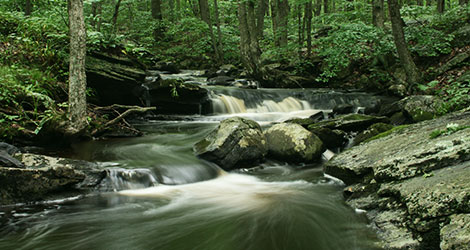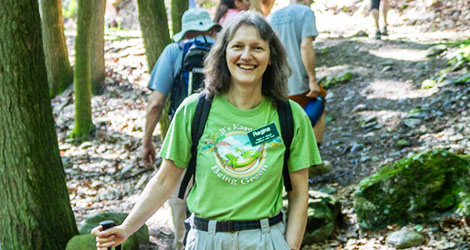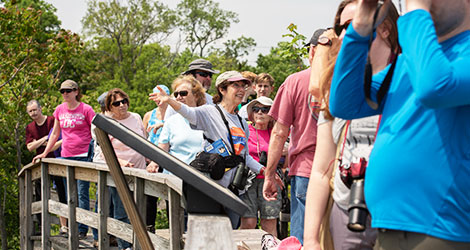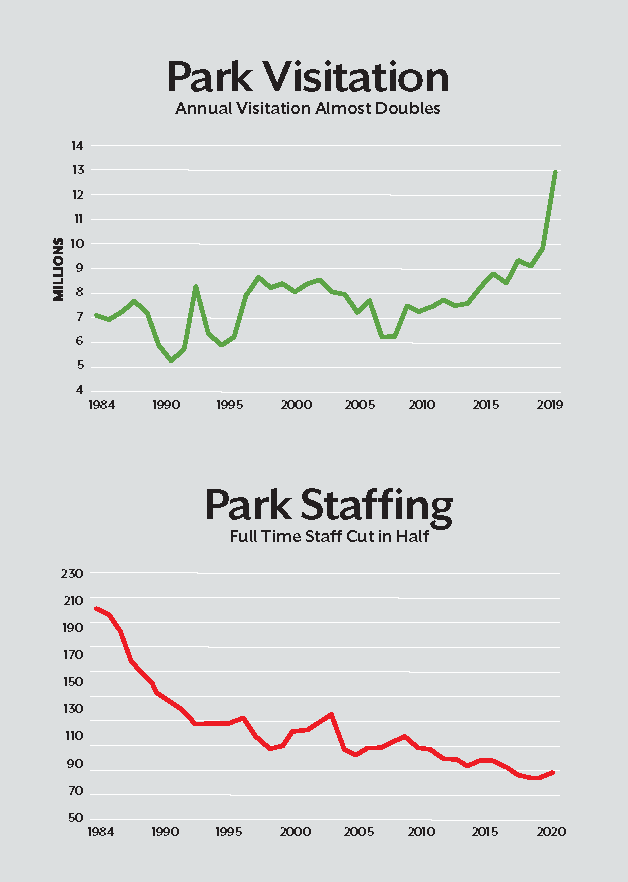
From the Statehouse
83 IS NOT ENOUGH
By Eric Hammerling
…just 83 individuals are responsible for caring for and accommodating public needs at all 110 Connecticut state parks and six nature centers…
According to the Department of Energy and Environmental Protection’s (DEEP’s) most recent estimates, Connecticut state parks welcomed over 13 million visitors in 2022, an increase of approximately 5% over 2021. This continues a positive trend since the Passport to the Parks program was first implemented in 2018—visits in 2021 were up roughly 10% over 2020; visits in 2020 were up by roughly 10% over 2019; and so on.
The successful and popular Passport to the Parks program both enables all Connecticut residents free entry to state parks and forests and also generates $20 million per year to fund state park maintenance and operations through a $5 per year fee that we all support when we register our motor vehicles. This is an incredible bargain for Connecticut residents; prior to the Passport program (2017 and earlier), just one visit to a shoreline park on the weekend would cost $13.
The funding generated by the Passport is essential to pay for more than 500 seasonal workers that DEEP employs between March and October each year to care for parks and nature centers, as well as ensure public safety in other ways (e.g., lifeguards and environmental conservation officer support). The Passport also pays for 35 full-time park staff and the significant expenses associated with trash disposal, ongoing facility maintenance, and other related costs. The Passport is critical to the future of your state parks, and that’s why CFPA continues to fight every year to ensure it remains intact and dedicated to its purpose.
The Passport is doing its job, but 83 is not enough!
Currently there is a cap on the number of full-time state park staff—just 83 individuals who are responsible for caring for and accommodating public needs at all 110 Connecticut state parks and six nature centers, located at Dinosaur, Fort Trumbull, Kellogg, Meigs Point, and Sessions Woods state parks, and at the Goodwin Forest Conservation Education Center (where many CFPA, DEEP, and Friends of Goodwin Forest educational programs are held).
In 2021-22, the most pressing concern for the park system was that over 35% of state park employees were eligible for retirement, and the process of re-filling those positions—while accommodating ever-increasing public use—would be a massive challenge. The potential for closing facilities during the retirement/re-filling process was very real, but DEEP navigated this challenge remarkably well all things considered, and most vacant positions have been filled.
In 2022-23 and looking forward, now that DEEP’s retirement cliff has largely passed and the system is recovering as new employees come up to speed, we must re-focus on the fact that 83 state park staff is simply not enough.
Over the coming months, you’ll be hearing more about this issue from me and from our partners at the Friends of Connecticut State Parks. Thanks, as always, for your support!
Eric Hammerling has served as the Executive Director at the Connecticut Forest & Park Association since 2008.






